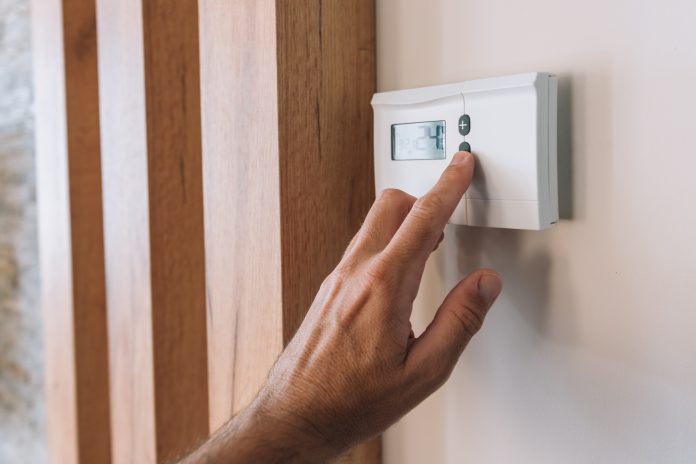Key Takeaways
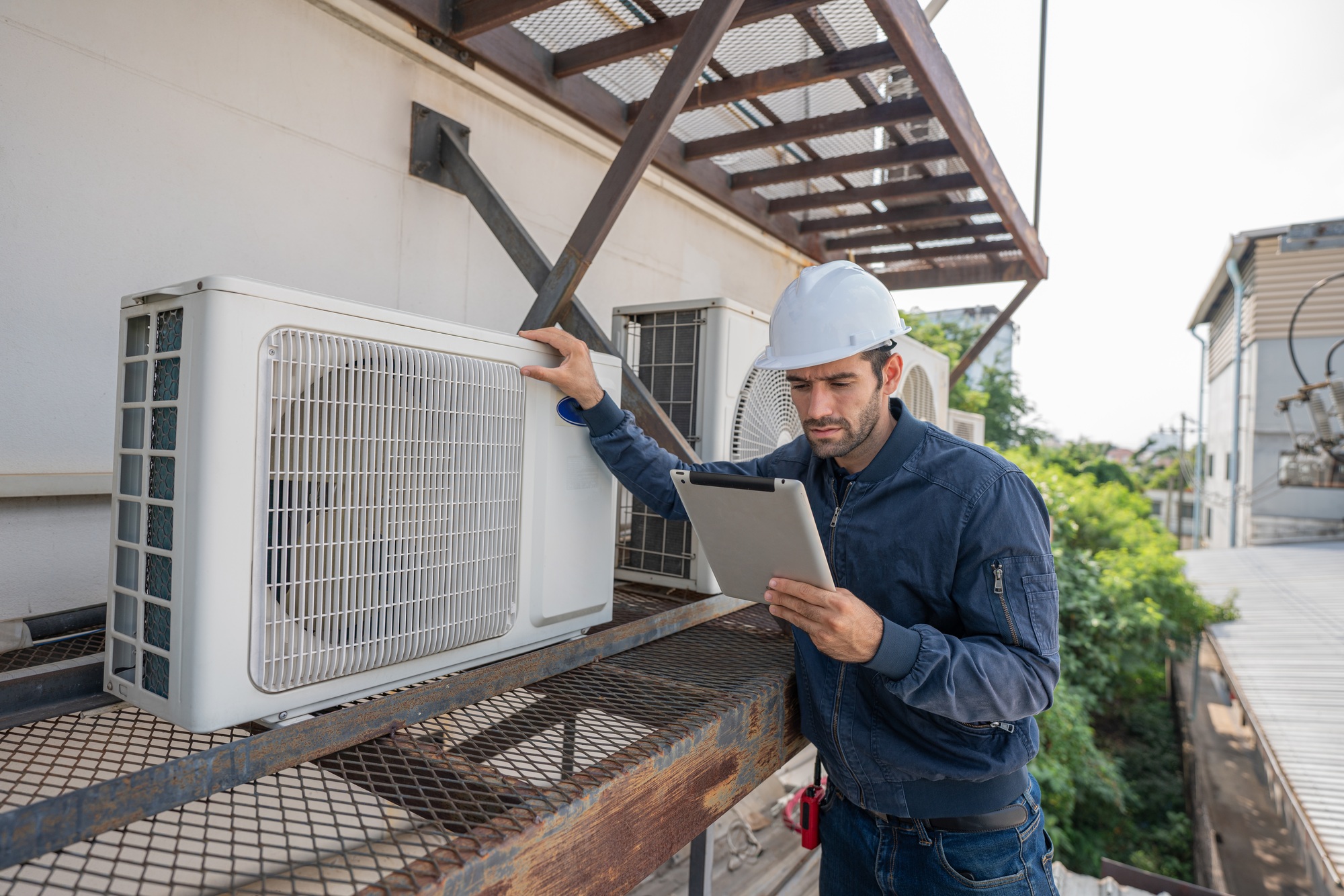
- Understand the HVAC Market: Grasp the growing demand for heating and cooling solutions, projected to reach around $24 billion by 2027, driven by climate changes and energy efficiency trends.
- Identify Business Opportunities: Explore various avenues like installation, maintenance, repair services, energy auditing, and smart HVAC solutions to establish a diverse service offering.
- Develop a Strong Business Plan: Craft a detailed plan outlining your niche, financial projections, and strategies for success, which serves as a roadmap for your HVAC startup.
- Know Legal Requirements: Ensure compliance by obtaining necessary licenses, registrations, and insurance specific to your operating area, maintaining credibility and safety.
- Set Up Effectively: Choose the right business structure, select an optimal location, invest in quality equipment, and hire skilled staff to deliver exceptional service.
- Implement Effective Marketing Strategies: Build an online presence through social media and SEO, utilize PPC advertising, and engage in networking to attract and retain customers.
Starting a heating and air conditioning business can be a rewarding venture in today’s climate-conscious world. With rising temperatures and fluctuating weather patterns, homeowners and businesses alike are increasingly reliant on efficient HVAC systems. If you’re passionate about providing comfort and improving indoor air quality, this could be the perfect opportunity for you.
Before diving in, it’s essential to understand the key steps involved in launching your business. From obtaining the necessary licenses and certifications to mastering marketing strategies, each aspect plays a crucial role in your success. With the right knowledge and preparation, you can build a thriving enterprise that meets the growing demand for reliable heating and cooling solutions.
Understanding the HVAC Industry

Understanding the HVAC industry is crucial for anyone looking to start a small business in this field. The increasing demand for efficient heating and air conditioning systems presents significant opportunities for startups.
Market Overview
The HVAC market is experiencing robust growth. The U.S. market alone is projected to reach approximately $24 billion by 2027, with a compound annual growth rate (CAGR) of around 5% from 2020 to 2027. Factors driving this growth include rising temperatures, advancements in technology, and a growing focus on energy efficiency. As a new entrant, you can tap into a customer base that requires reliable heating and cooling solutions for both residential and commercial properties.
Business Opportunities
Multiple business opportunities exist within the HVAC industry. Consider the following areas:
- Installation Services: Provide installation for residential or commercial HVAC systems. You can specialize in new construction or replacement of outdated units.
- Maintenance Services: Offer routine maintenance contracts to keep systems running efficiently. Regular checks help prevent costly repairs and improve system longevity.
- Repair Services: Supply repair services for malfunctioning units. Quick response times enhance customer satisfaction and build loyalty.
- Energy Auditing: Perform energy audits to identify inefficiencies in heating and cooling systems, helping clients save on energy costs while promoting eco-friendly practices.
- Smart HVAC Solutions: Integrate smart technology into HVAC systems. Providing clients with IoT-enabled solutions enhances comfort and energy savings.
Exploring these business opportunities sets a solid foundation for your HVAC startup. With the right knowledge and strategic planning, you can successfully navigate and thrive in this growing industry.
Developing a Business Plan
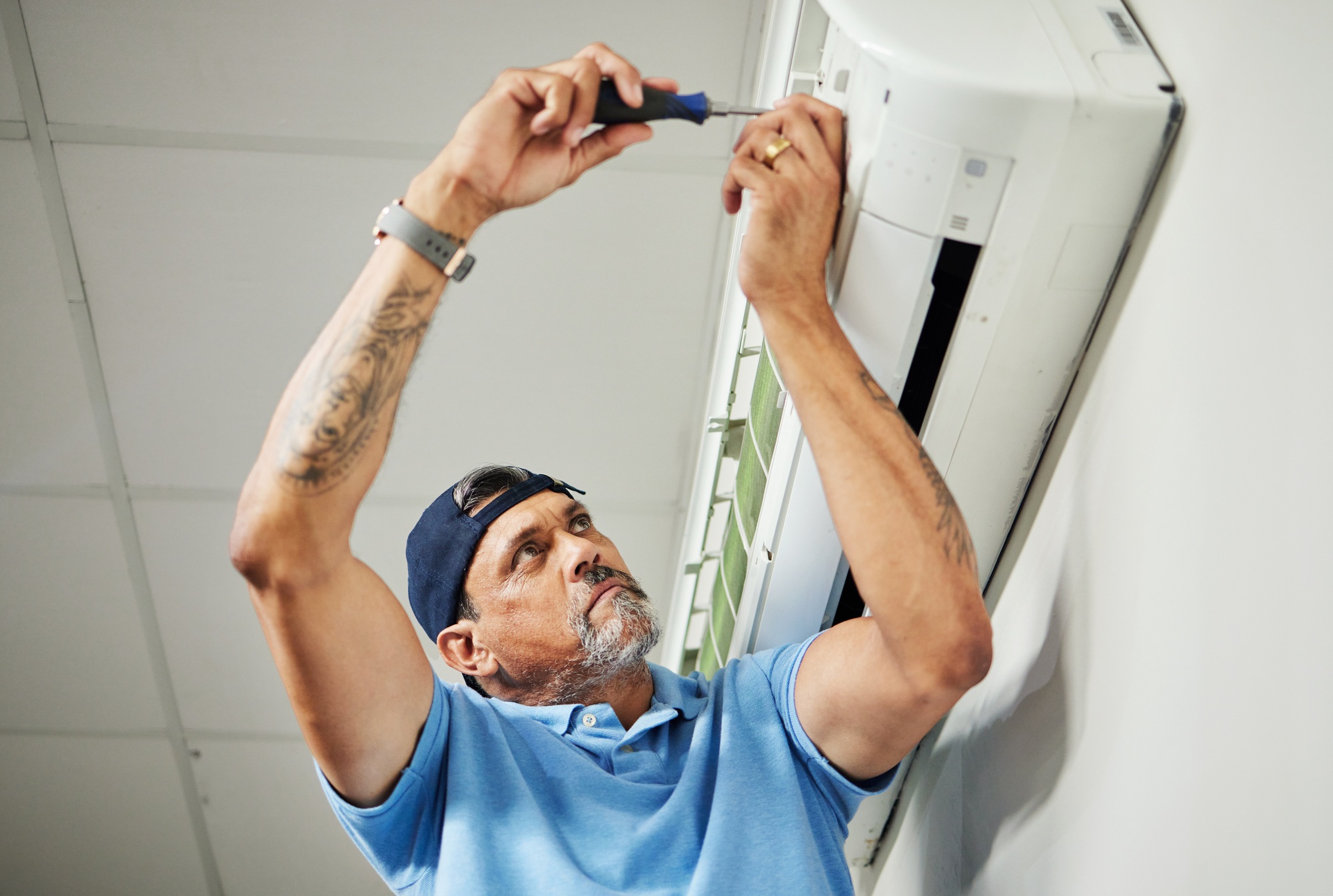
A strong business plan serves as the foundation for your HVAC startup. This plan outlines your objectives, strategies, and how you plan to achieve success in your small business.
Identifying Your Niche
Identify your niche within the HVAC market by analyzing different sectors such as residential, commercial, and specialized services. Recognize emerging trends, such as the demand for energy-efficient solutions and smart HVAC technologies. Tailoring your services to meet the needs of specific client demographics enhances your appeal and establishes your position in the market.
Financial Projections
Create detailed financial projections for your small business. Include initial startup costs, operating expenses, profit margins, and cash flow forecasts. Consider setting realistic revenue goals based on market analysis, allowing room for growth as demand for HVAC services increases. Regularly review and adjust your projections to account for changing market conditions and operational efficiency.
Legal Requirements

Starting a heating and air conditioning (HVAC) business involves understanding and meeting the necessary legal requirements. These steps ensure your business operates within the law and maintains credibility in the market.
Business Registration
- Register your business with the state or local government authorities. Complete the required paperwork to establish your business entity, whether you’re forming a sole proprietorship, LLC, or corporation. This registration is essential for operating legally and sets the foundation for your small business.
Licensing and Certifications
- Licensing varies by state and local jurisdiction. For instance, in Arizona, only licensed HVAC contractors can install air conditioning systems. Be aware that significant installations may require permits and inspections to ensure compliance with building codes and safety standards.
- In Pennsylvania, HVAC contractors performing residential services must register with the Office of the Attorney General as home improvement contractors. It’s vital to understand the specific licensing requirements in your area to operate legally and protect your small business.
Insurance Needs
- Obtain necessary insurance coverage for your HVAC business. General liability insurance protects against claims of bodily injury or property damage, while worker’s compensation insurance covers employees in case of work-related injuries.
- Depending on your service offerings, you may require additional coverages, such as professional liability insurance. Insurance acts as a safety net, ensuring your startup remains protected from potential risks that could impact your operations or finances.
Setting Up Your Business
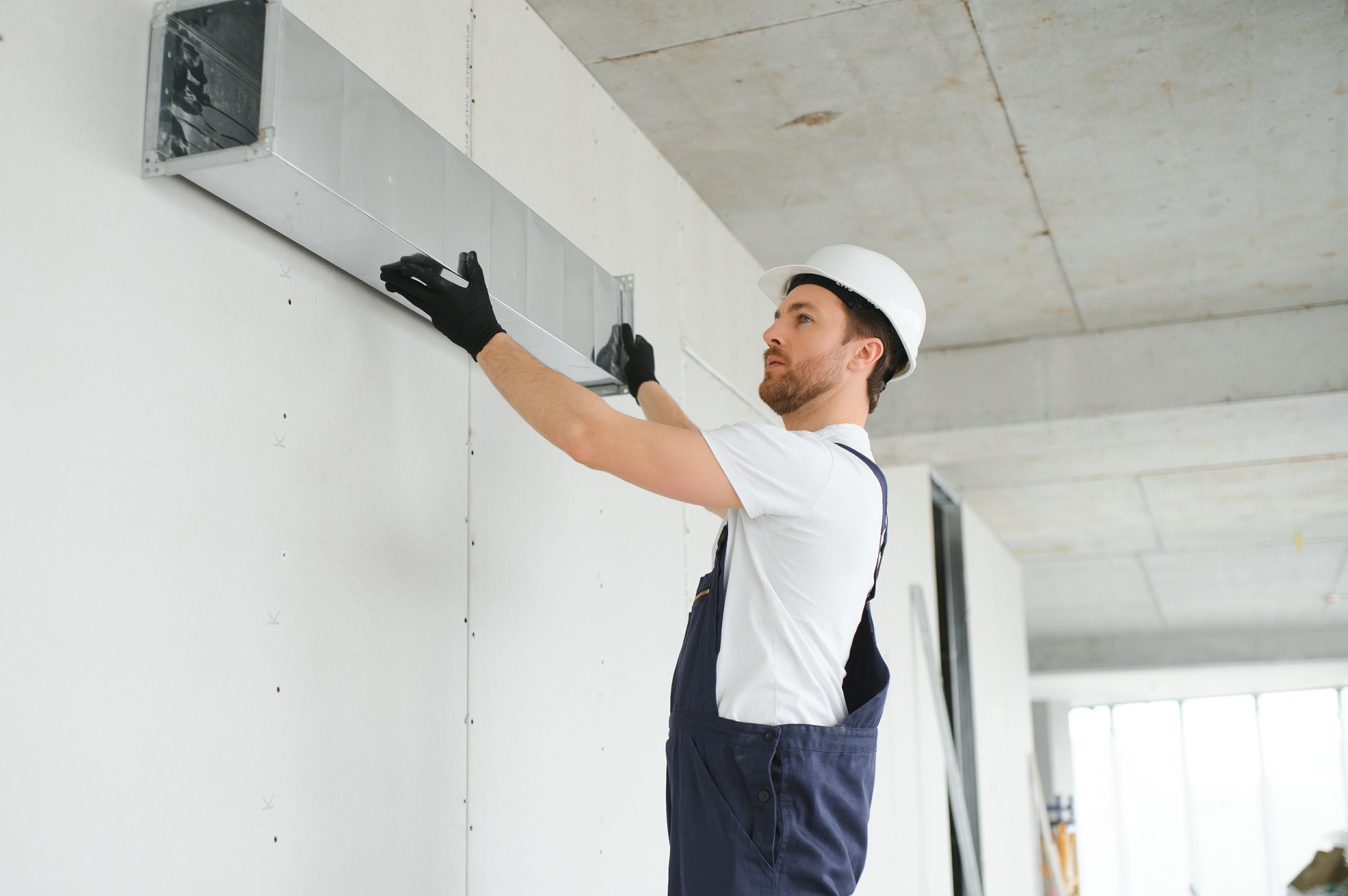
Setting up your heating and air conditioning business involves several critical steps. With careful planning, you can create a successful small business that meets market demands.
Licenses and Certifications
Obtaining licenses and certifications is essential for compliance. Research local regulations that dictate the required business, liability, and HVAC technician licenses specific to your area. This step ensures you operate legally while providing your services.
Business Structure
Choose the right business structure for your HVAC startup. Options include sole proprietorship, limited liability company (LLC), and corporation. Register your business name and complete registration processes to formalize your business under local and state laws.
Business Plan
Craft a detailed business plan outlining your services, target market, and financial projections. Include startup costs and potential revenue streams. A well-structured plan serves as a roadmap for your HVAC business and helps secure funding if needed.
Location and Equipment
Selecting the right location is vital for attracting customers. Look for areas with high demand for HVAC services. Secure a space with easy access for service calls and visibility for marketing efforts. Invest in essential equipment, such as diagnostic tools, installation equipment, and maintenance supplies. Quality equipment enhances service efficiency and builds customer trust.
Hiring Staff
Hiring qualified staff is crucial for delivering exceptional service. Look for candidates with relevant experience and HVAC certifications. Provide ongoing training to keep your team updated on industry advancements and safety protocols. Skilled technicians strengthen your business reputation and ensure customer satisfaction.
Marketing Your HVAC Business
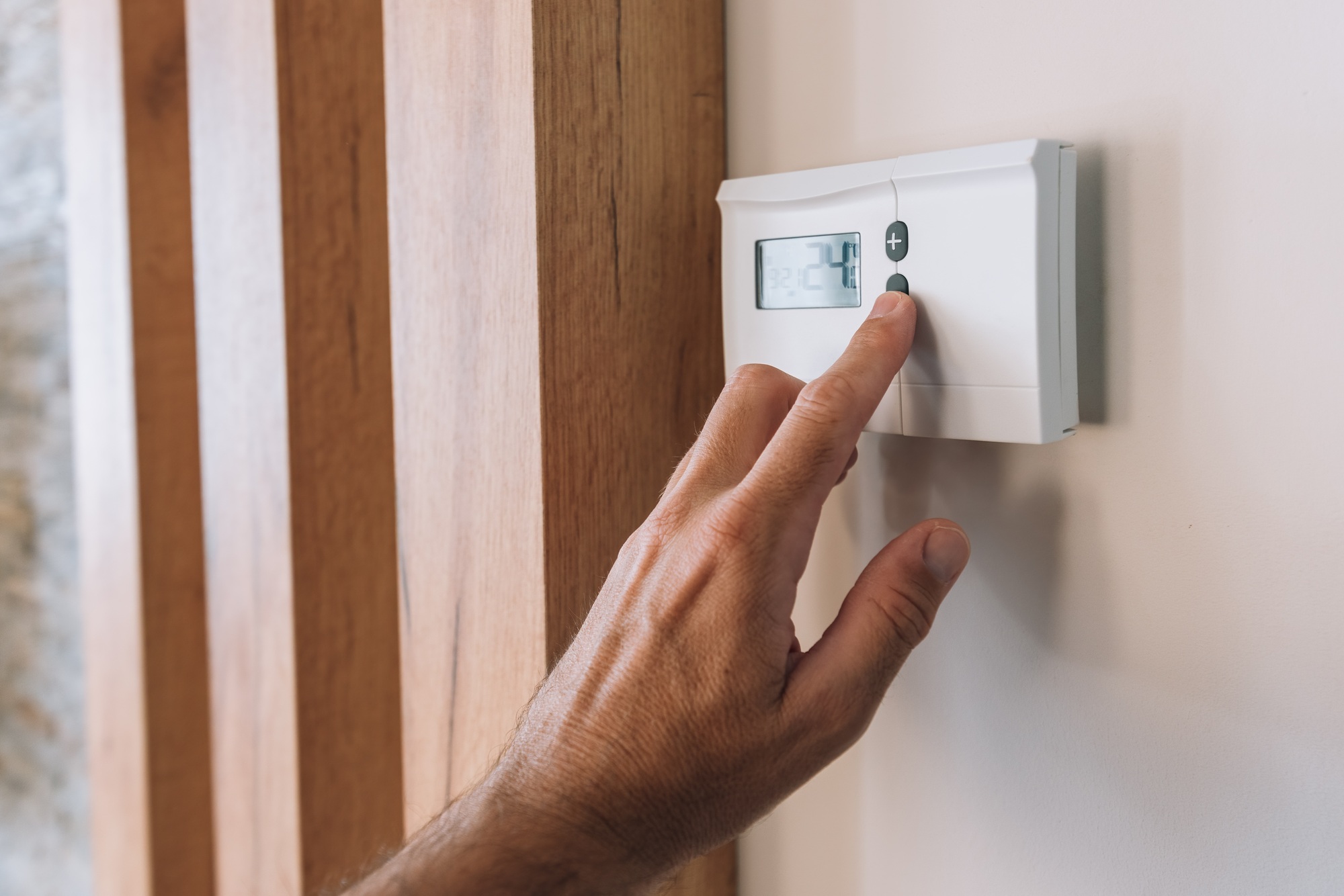
Effective marketing is essential for the success of your HVAC business. Focus on strategies that increase visibility and attract customers while building a strong online presence.
Building an Online Presence
- Leverage social media platforms to promote your services. Use Facebook, Instagram, and TikTok to engage with customers and showcase your work. Target specific demographics based on location and interests to reach potential clients effectively.
- Optimize your website for search engines. Use relevant keywords throughout your site, like “HVAC installation” and “air conditioning repair,” to improve your ranking. Provide useful content, such as blog posts about energy efficiency, to establish your authority in the field.
- Implement pay-per-click (PPC) advertising. Use Google Local Services Ads to connect with customers in your service area. PPC helps improve visibility in search results, driving traffic to your website and increasing leads.
Networking and Partnerships
- Join local business associations. Networking with other small business owners enhances your credibility and builds partnerships that can lead to referrals. Attend trade shows and community events to connect with potential clients and other service providers.
- Collaborate with complementary businesses. Partner with real estate agents, builders, or home improvement stores to exchange referrals. Establishing mutually beneficial relationships can increase your customer base.
- Participate in community service initiatives. Supporting local events or charities builds your reputation and increases awareness of your services. A positive public image attracts clients looking for reliable HVAC solutions.
Conclusion
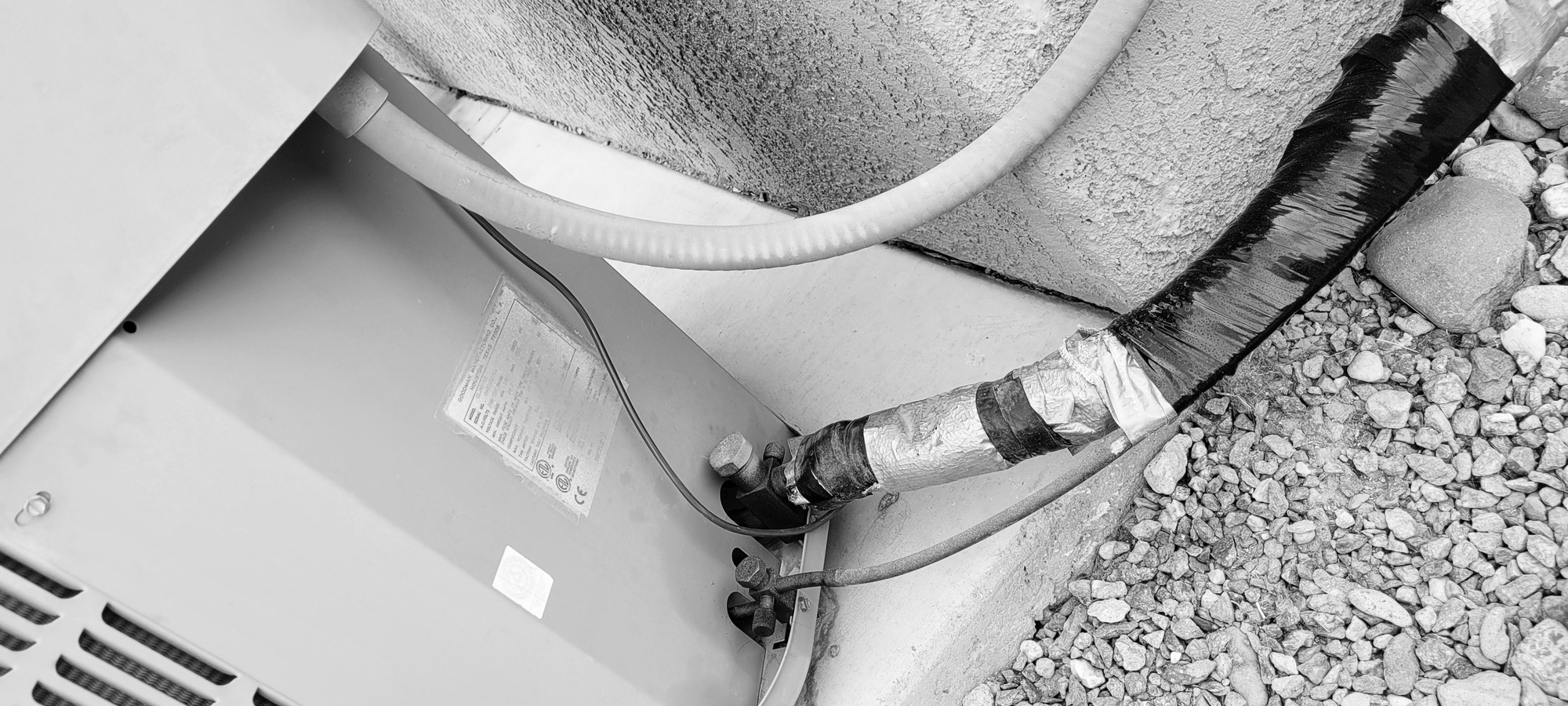
Starting a heating and air conditioning business is a promising venture in today’s market. With the right preparation and a clear understanding of industry demands you can carve out a successful niche. Focus on developing your business plan and ensuring compliance with legal requirements to lay a solid foundation.
Investing in marketing strategies will help you reach potential clients and establish your brand. Remember that ongoing training for your staff and networking within the community can significantly enhance your business’s reputation.
By staying informed about industry trends and adapting to customer needs you’ll position your HVAC business for long-term success. Embrace the opportunities ahead and take the first step toward building a thriving enterprise.
Frequently Asked Questions
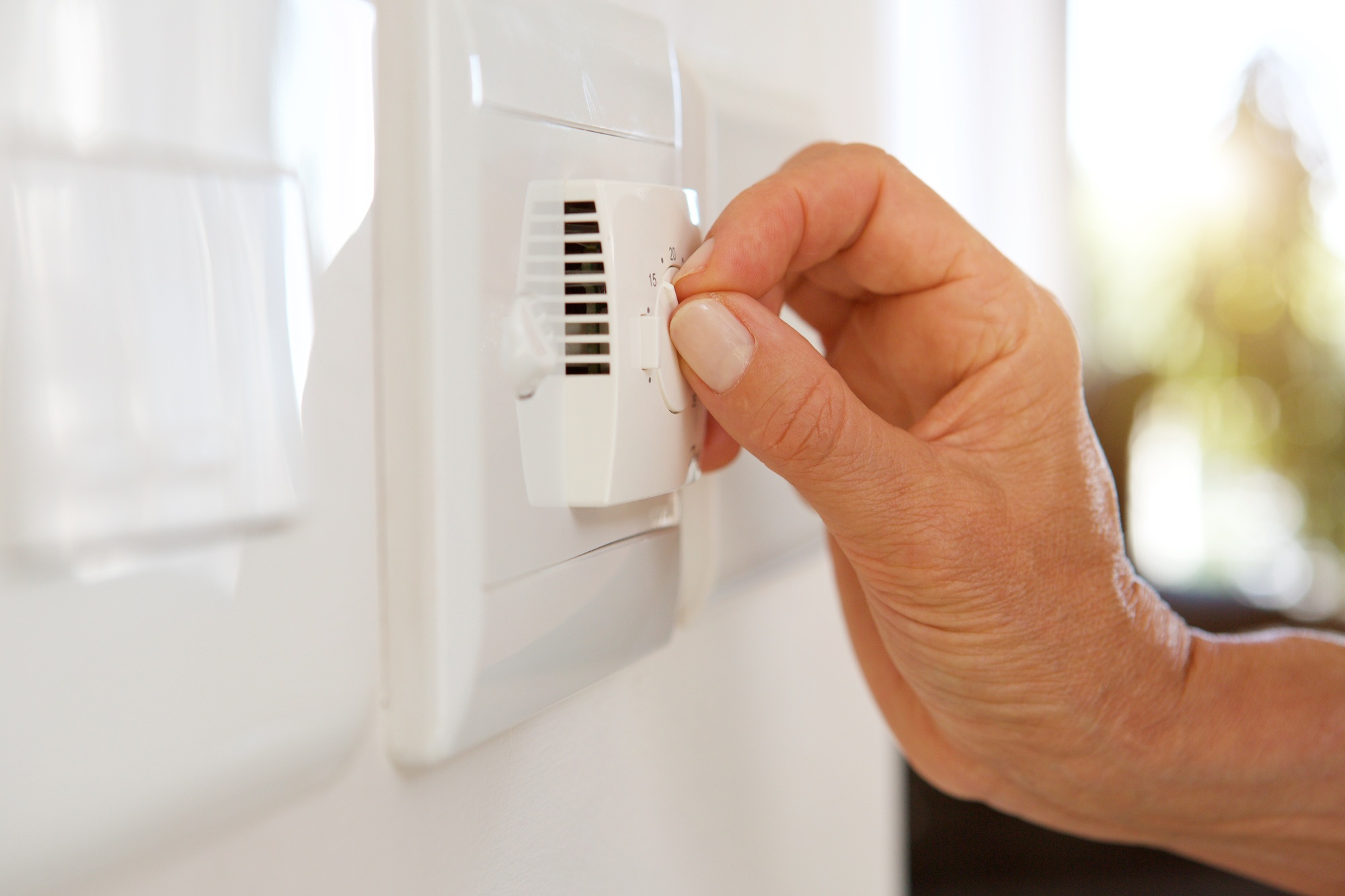
What is the HVAC industry, and why is it growing?
The HVAC industry involves heating, ventilation, and air conditioning services. Its growth is driven by climate change, rising temperatures, and a growing focus on energy efficiency. The market is projected to reach around $24 billion by 2027.
What are the key steps to starting an HVAC business?
To start an HVAC business, you should obtain necessary licenses, create a business plan, and identify your niche. Additionally, focus on hiring qualified staff, investing in required equipment, and developing marketing strategies to engage customers.
How do I create a successful business plan for my HVAC business?
A successful business plan for an HVAC business should include your objectives, target market, services offered, and detailed financial projections. This helps in setting clear goals and strategies for growth and allows adjustments based on market conditions.
What licenses and certifications do I need to start an HVAC business?
Licensing requirements vary by location. Typically, you will need a general contractor’s license and HVAC-specific certifications. It’s crucial to check local regulations to ensure compliance and avoid legal issues.
What insurance do I need for an HVAC business?
Essential insurance for an HVAC business includes general liability and worker’s compensation. This coverage protects your business from potential risks and liabilities, ensuring financial security as you operate.
How can I effectively market my HVAC services?
Effective marketing strategies include building a strong online presence through social media, optimizing your website for search engines, and utilizing PPC advertising. Networking and partnerships also enhance credibility and attract new customers.
What are some emerging trends in the HVAC industry?
Emerging trends in the HVAC industry include the adoption of energy-efficient solutions and smart technologies. These innovations cater to growing consumer demand for sustainability and modern conveniences, creating new opportunities for businesses.
How can I determine my niche in the HVAC market?
To determine your HVAC niche, analyze market demand in residential vs. commercial services, and consider emerging trends like energy audits and smart HVAC solutions. This focus allows you to tailor your offerings and better serve specific customer needs.
Image Via Envato


